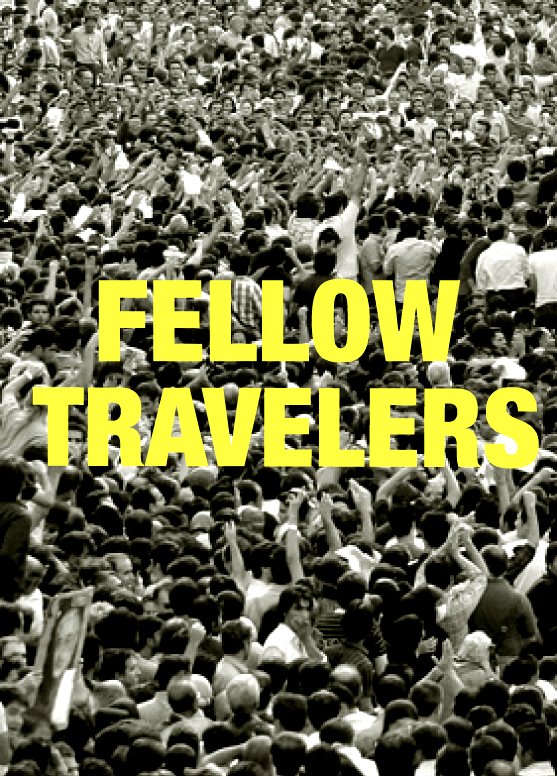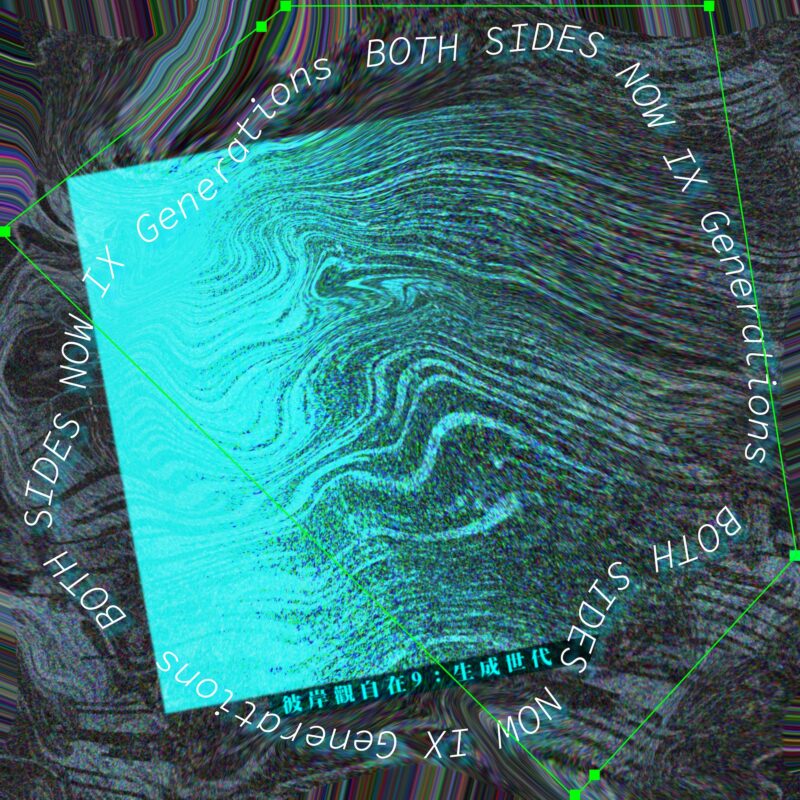
Travel, a word that once conjured images of maps, guidebooks, and sometimes even uncertainty, has been dramatically transformed in the digital age. The advent of technology has revolutionized the travel industry, ushering in an era of ‘smart tourism’ – a term that encapsulates the seamless integration of technology into every aspect of the traveler’s journey.
This groundbreaking shift has redefined the traditional travel experience, offering a level of personalization, convenience, and efficiency previously unimaginable.
From AI-powered personal assistants to virtual reality tours, the technological innovations of today are not just enhancing the way we travel; they are reshaping our very expectations of what it means to explore the world. As we delve into this article, we’ll explore the myriad ways in which these technological advancements are crafting novel and enriched travel experiences, setting new benchmarks in the industry.
Unpacking Smart Tourism
Smart tourism represents the intersection of travel and technology, where every facet of the traveler’s experience is optimized through digital innovation. At its core, smart tourism is defined by its ability to use technology to provide personalized, connected, and sustainable experiences. It differs significantly from conventional travel paradigms, which were often characterized by a one-size-fits-all approach and a lack of real-time information.
In contrast, smart tourism leverages data analytics, IoT, mobile technology, and AI to offer travelers tailored recommendations, seamless navigation, and interactive experiences. It’s a dynamic ecosystem that not only enhances the journey for the traveler but also empowers local communities and businesses by providing them with valuable insights and tools for sustainable growth.
AI-Powered Personalization in Travel
The integration of Artificial Intelligence (AI) and machine learning in the travel industry has marked a new era of personalized experiences. These technologies analyze vast amounts of data to understand traveler preferences, behaviors, and patterns, enabling highly customized travel recommendations and experiences.
For instance, AI-driven platforms can suggest destinations, accommodations, and activities based on a traveler’s past choices, budget, and interests. Machine learning algorithms continually refine these suggestions, improving accuracy over time. A notable example is the use of AI chatbots by airlines and hotels, providing instant, personalized customer service.
Another case study is the AI-powered itinerary planning tools that craft bespoke travel plans, considering factors like weather, local events, and user reviews, thereby simplifying and enhancing the travel planning process.
The Mobile Revolution in Tourism
Mobile technology has revolutionized the tourism industry, making travel more accessible and user-friendly. The proliferation of smartphones has led to the development of a multitude of travel apps that cover every aspect of the travel experience, from booking flights and accommodations to navigating foreign cities. These apps offer convenience and flexibility, allowing travelers to plan and adjust their trips on the go.
For example, apps like Airbnb and Booking.com have transformed accommodation booking, providing users with a wide range of options that can be filtered according to their needs. Navigation apps like Google Maps have become indispensable for travelers, offering real-time directions, public transport routes, and information about local attractions.
Furthermore, mobile boarding passes and e-tickets have streamlined the check-in process, significantly reducing wait times and paper waste.
Revolutionizing Bookings: Online Platforms and E-Tickets
The advent of online booking platforms and e-ticketing systems has revolutionized the tourism industry, offering unparalleled convenience and efficiency. These platforms have simplified the once-tedious process of booking travel and accommodations, making them accessible with just a few clicks.
They provide travelers with a wealth of options, detailed information, and user reviews, aiding in informed decision-making. A prime example is the booking system for unique experiences like Prague Castle tours, which allows tourists to conveniently purchase tickets online in advance, avoiding long lines and ensuring a seamless visit.
E-tickets, sent directly to mobile devices, further streamline the travel experience, reducing the need for physical tickets and check-ins. This digital shift not only enhances the traveler’s experience but also benefits service providers with efficient booking management and data collection capabilities.
Immersive Experiences: VR and AR in Tourism
Virtual Reality (VR) and Augmented Reality (AR) are reshaping the tourism landscape by offering immersive experiences that were once the realm of imagination. VR allows potential travelers to virtually visit a destination before booking their trip, offering a 360-degree exploration of hotels, landmarks, and attractions.
For example, VR tours of the Louvre or the Great Wall of China provide a compelling preview that can entice travelers. AR, on the other hand, enhances on-site experiences by overlaying digital information onto the physical world. Tourists using AR apps can point their devices at historical sites or cityscapes to access interactive, informative content.
IoT: The Connectivity Paradigm in Tourism
The Internet of Things (IoT) is revolutionizing the tourism industry by fostering interconnectedness and enhancing both traveler experiences and operational efficiency. IoT refers to the network of physical objects embedded with sensors, software, and other technologies to connect and exchange data with other devices and systems over the internet.
In tourism, IoT applications range from smart hotel rooms that allow guests to control lighting, temperature, and entertainment systems through their smartphones, to luggage trackers that provide travelers with real-time updates on the whereabouts of their bags. Another example is wearable IoT devices in theme parks, which can serve as digital tickets, payment methods, and location trackers for families.
The Social Media Effect on Destination Popularity
Social media has emerged as a powerful force in shaping travel trends and influencing destination popularity. Platforms like Instagram and TikTok have become virtual showcases where travelers share their experiences and discoveries, often inspiring others to visit the same locations. This phenomenon has led to certain destinations gaining rapid popularity, often attributed to the ‘Instagrammability’ of the place.
Traveler-generated content on social media acts as a form of organic marketing, boosting destination visibility and appeal. Conversely, this trend can also lead to over-tourism, where popular places become overcrowded, affecting the quality of the visitor experience and local ecosystems.
Championing Sustainable Tourism Through Technology
Technology is playing a pivotal role in promoting sustainable and eco-friendly travel practices, marking a significant shift towards responsible tourism. Innovations like digital platforms for carbon footprint tracking enable travelers to make more environmentally conscious decisions. Hotels and resorts are increasingly adopting smart energy management systems to reduce their ecological impact.
Moreover, apps that promote local experiences and eco-tours are encouraging travelers to engage with communities in a way that supports local economies and preserves cultural heritage. These technological advancements not only cater to the growing demand for sustainable travel options but also help tourism operators implement practices that minimize environmental damage and promote conservation efforts, thereby contributing to the larger goal of sustainable tourism.
Future Trends and Challenges in Smart Tourism
Looking ahead, the future of smart tourism is poised to be shaped by emerging technologies like AI-powered personal assistants, blockchain for secure and transparent transactions, and even more immersive AR and VR experiences. These advancements promise to further personalize and enhance travel experiences while raising new challenges, particularly in terms of data privacy and cybersecurity.
The integration of these technologies must be managed carefully to protect traveler information and ensure ethical use of data. Additionally, ensuring equitable access to these advancements remains a challenge, as there is a risk of widening the digital divide.
The future of smart tourism will likely focus on balancing these cutting-edge technologies with responsible and inclusive practices, ensuring that the benefits of tech-enhanced travel are accessible to all segments of society.
Recap
The insights presented underscore a transformative era in travel, driven by rapid technological advancements. From AI-powered personalization to sustainable tourism initiatives, technology is redefining the very essence of how we explore and experience the world. As travelers and industry professionals, embracing these technological innovations opens up a realm of possibilities, offering richer, more meaningful travel experiences.
The future of smart tourism is bright, continuously evolving with each technological breakthrough, promising even more personalized, efficient, and sustainable travel. As we look forward, it’s clear that technology will remain at the forefront of shaping our travel stories, making every journey not just a trip but an experience of a lifetime.









